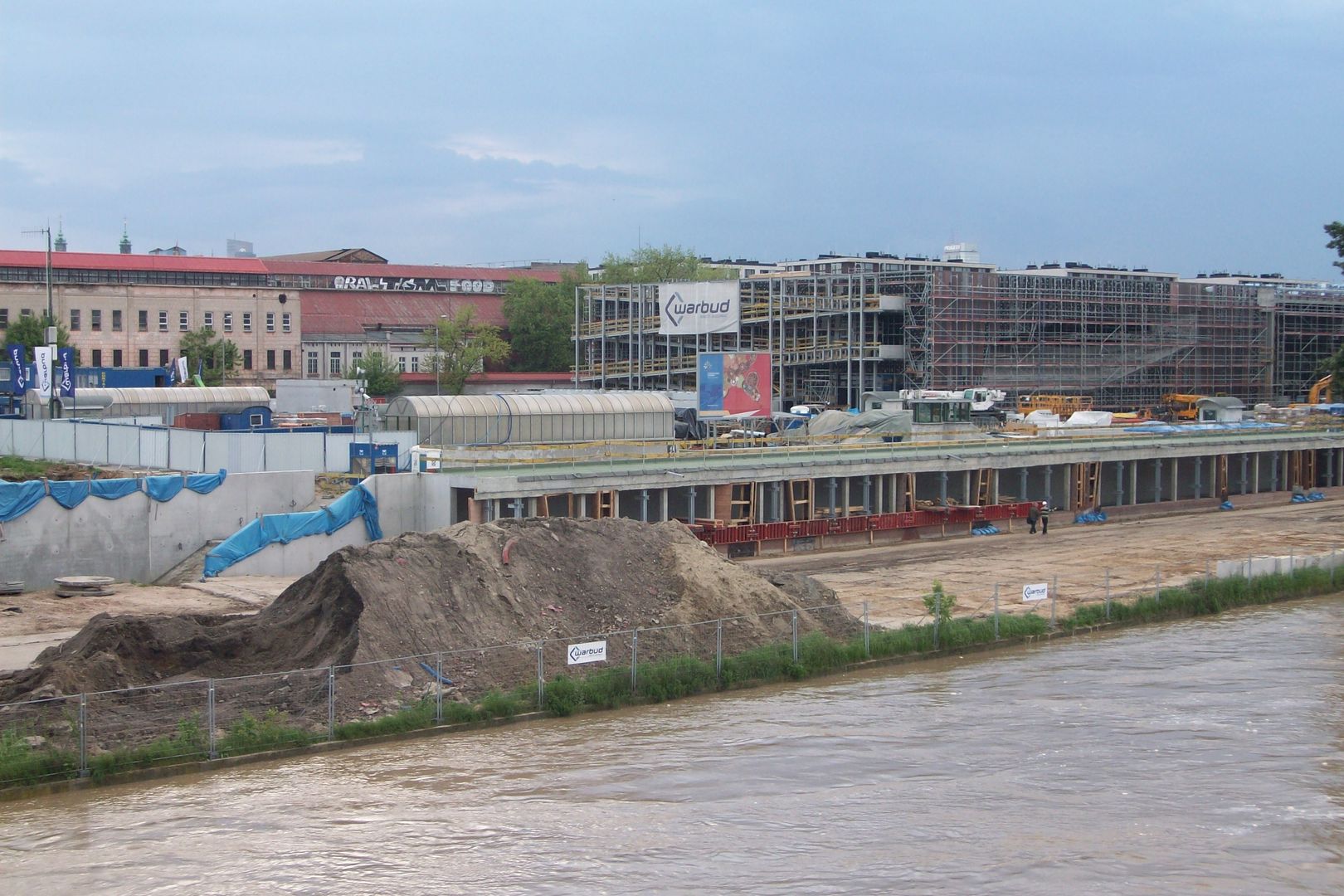Copernicus Science Centre in Warsaw
8.26

Overview
The Copernicus Science Centre (CNK) in Warsaw, opened to the public on November 5, 2010, is a modern institution aimed at popularizing science and inspiring exploration and questioning. The idea for the center was proposed by Professor Łukasz Turski, and its name honors Nicolaus Copernicus. CNK was established in 2005 and built near the University of Warsaw Library, the Świętokrzyski Bridge, and the Centrum Nauki Kopernik metro station. Architecturally, the building, designed by RAr-2 Laboratory of Architecture, takes the form of the letter "L," offering 15,000 m² of space for exhibitions, laboratories, conference centers, and the outdoor Discovery Park. CNK also features the "Niebo Kopernika" planetarium, which hosts unique shows on a spherical screen. The center attracts visitors with its interactive exhibitions, scientific laboratories, and educational programs for youth. In 2015, CNK welcomed its five-millionth guest. In 2017, a competition was announced for a new building—the Copernican Revolution Studio—which began operations in March 2023. CNK organizes the Science Picnic, conferences, and various workshops, including those for teachers, making it a significant point on Poland's educational map. The construction of the center was co-financed by the European Union and other institutions, with a total cost of over PLN 305 million. CNK has won numerous awards, including the title of Science Popularizer. Among its attractions are galleries dedicated to various scientific fields, such as physics and biology, as well as interactive experiences for children and adults. The center also hosts workshops and mini-workshops that engage visitors, along with projects related to science communication, such as "Science for You." It is worth mentioning that in 2019, the first batch of clean meat in Poland was cultivated in CNK's biological laboratory. Thus, CNK is a place that not only educates but also provokes thinking about the future of science and technology.
Location
Tickets
Powered by GetYourGuide
2025 Wizytor | All Rights Reserved